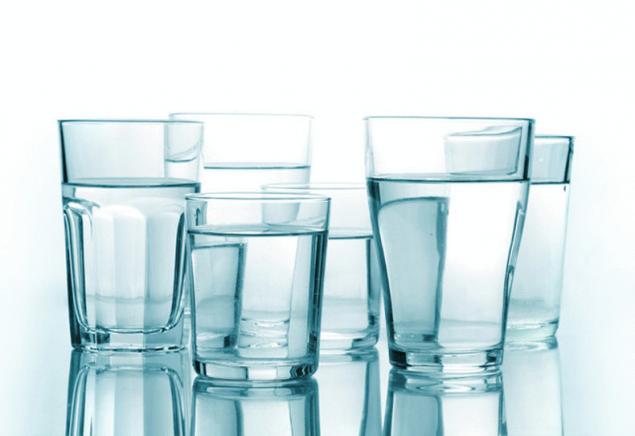414
The desire for justice was stronger than thirst
Is there in this world something that could make a person thirsty, to abandon the water? It turns out there are. A recent study has proved that man is able to refuse water if he knows that the water has been unfairly divided between him and his companion. The results of this experiment prove that man is able to renounce vital things for the sake of justice.

Scientists from the Centre for neurodiagnostics at the University College London conducted an experiment involving 21 healthy people. 11 of them were made to feel extremely thirsty with IV fluids with saline solution. In order to determine how much a person wants to drink, he measured the salt level in the blood. In addition, the subjects evaluated the level of thirst on a simple scale.
Then participants experiencing thirst, said that they will give in a couple of other members-and one of them will have to decide how to divide a bottle of water. Tom, who was offered separated water, will have to decide whether to drink it or not. The volunteer reported; in case of failure both parties will provide water for another hour.
Feature of the experiment consisted in the fact that the partner shared the thirst for water is unfair – he kept seven-eighths of the bottle, and eager offered only one-eighth. In the end, the most eager refused to drink the water, even in the case when they felt a very strong thirst.
"Until now, there was much debate about whether the desire of justice as a quality inherent to people, says study leader Nick Wright. The results of our study show that we, unlike our smaller brothers chimpanzees may abandon such vital things as food and water in favor of justice. Moreover, the person can refuse to unfairly split the water, even when he had serious thirst."
However, we cannot say that the desire for justice above the basic instincts. People who have experienced really unbearable thirst, often took a glass of water not equally shared.
The study was published in the journal Nature Scientific Reports.
Source: www.ecology.md

Scientists from the Centre for neurodiagnostics at the University College London conducted an experiment involving 21 healthy people. 11 of them were made to feel extremely thirsty with IV fluids with saline solution. In order to determine how much a person wants to drink, he measured the salt level in the blood. In addition, the subjects evaluated the level of thirst on a simple scale.
Then participants experiencing thirst, said that they will give in a couple of other members-and one of them will have to decide how to divide a bottle of water. Tom, who was offered separated water, will have to decide whether to drink it or not. The volunteer reported; in case of failure both parties will provide water for another hour.
Feature of the experiment consisted in the fact that the partner shared the thirst for water is unfair – he kept seven-eighths of the bottle, and eager offered only one-eighth. In the end, the most eager refused to drink the water, even in the case when they felt a very strong thirst.
"Until now, there was much debate about whether the desire of justice as a quality inherent to people, says study leader Nick Wright. The results of our study show that we, unlike our smaller brothers chimpanzees may abandon such vital things as food and water in favor of justice. Moreover, the person can refuse to unfairly split the water, even when he had serious thirst."
However, we cannot say that the desire for justice above the basic instincts. People who have experienced really unbearable thirst, often took a glass of water not equally shared.
The study was published in the journal Nature Scientific Reports.
Source: www.ecology.md
Side effects of antibiotics
"Experience is wisdom": the writer Alexander Grigorenko about finding your place on earth























